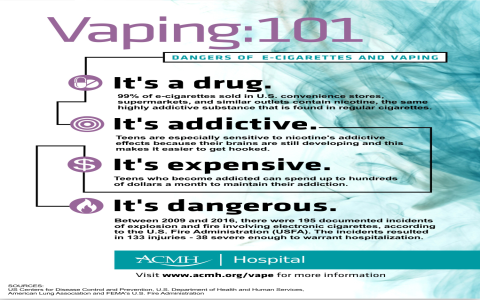Vaping during pregnancy poses significant health risks to both the mother and developing fetus. Electronic cigarettes contain addictive nicotine and harmful chemicals that can lead to adverse outcomes. It is crucial to understand the evidence-based facts to make informed decisions.
Critical Health Risks of Vaping While Pregnant
Fetal development issues: Nicotine exposure interferes with fetal brain growth, increasing risks for preterm birth, low birth weight, and congenital defects such as heart problems.

Respiratory and systemic dangers: Toxic substances like formaldehyde and heavy metals in e-cigarette aerosol can cause lung damage in the mother and heighten the chance of sudden infant death syndrome (SIDS).
Evidence-Based Health Facts
- Studies confirm that vaping while pregnant delivers nicotine to the fetus, restricting oxygen supply and impairing organ formation.
- Research from organizations like the CDC shows no safe level of e-cigarette use; it may be as hazardous as traditional smoking during pregnancy.
- Long-term effects include increased risks for childhood asthma, learning disabilities, and behavioral issues in offspring.
Professional Recommendations
Avoid all nicotine products: Quitting vaping and smoking is essential for maternal and fetal health. Seek support from healthcare providers for cessation programs.
Consider safer alternatives: Focus on a balanced diet, regular prenatal care, and stress-reduction techniques without tobacco or vaping substitutes.










